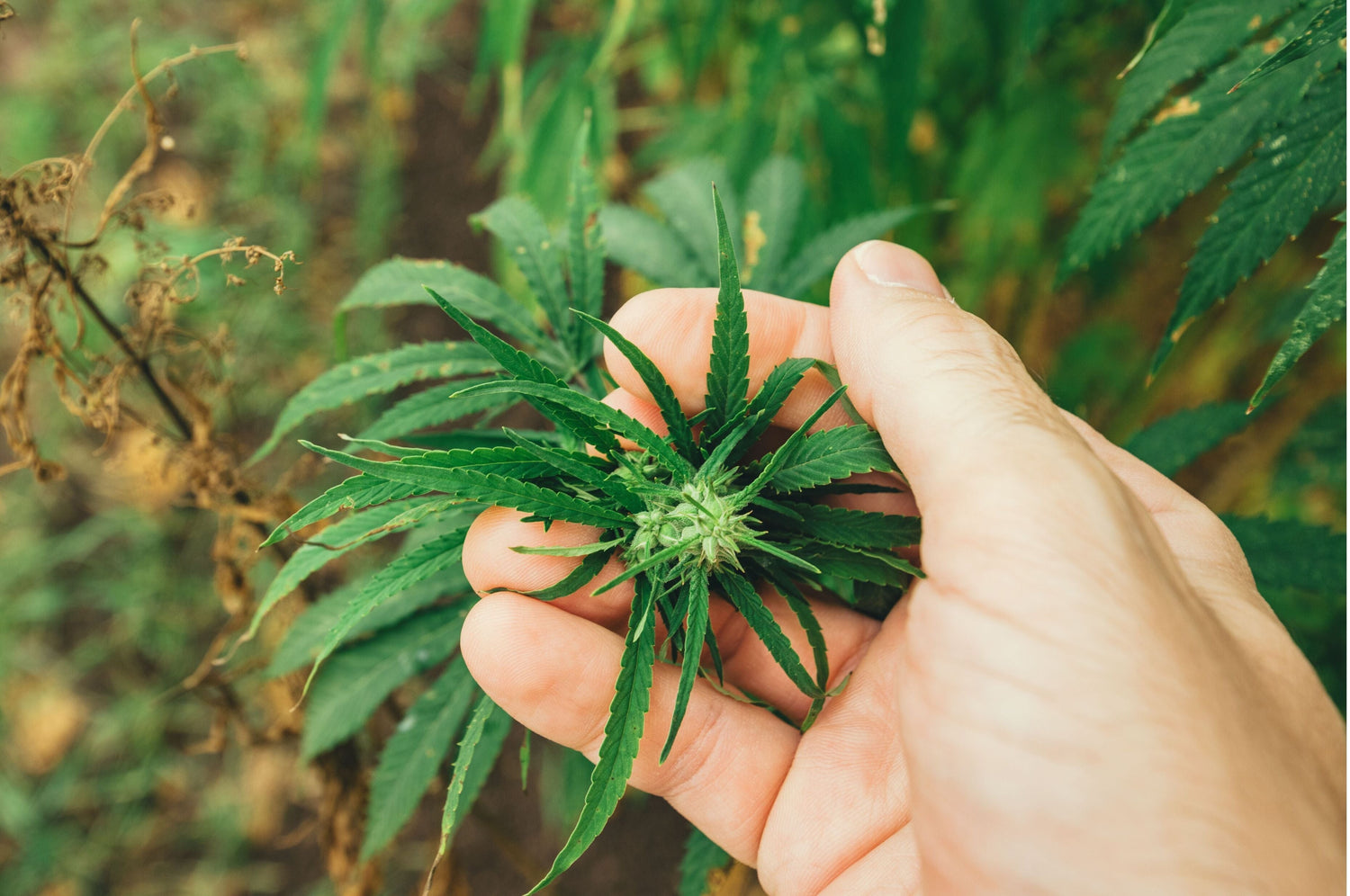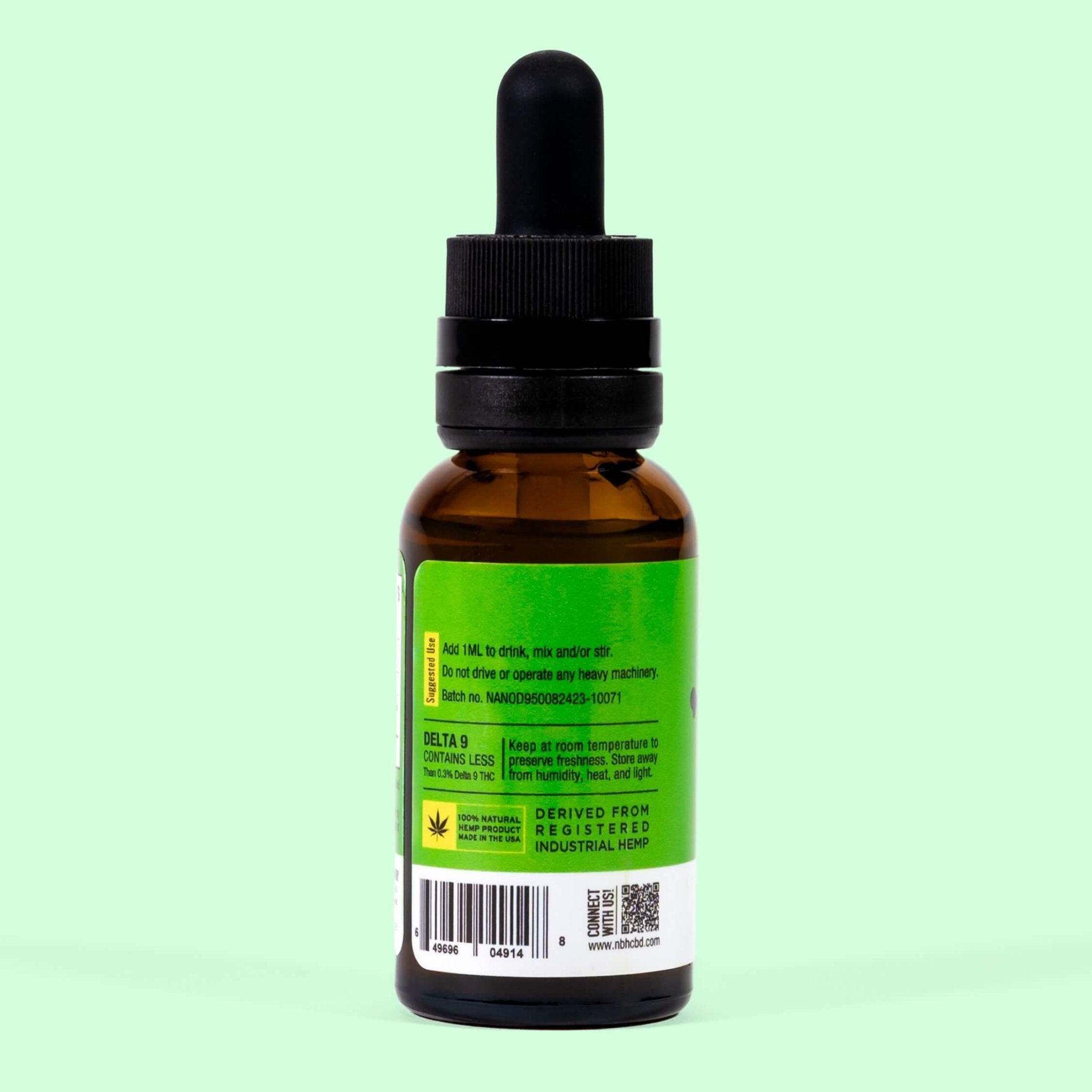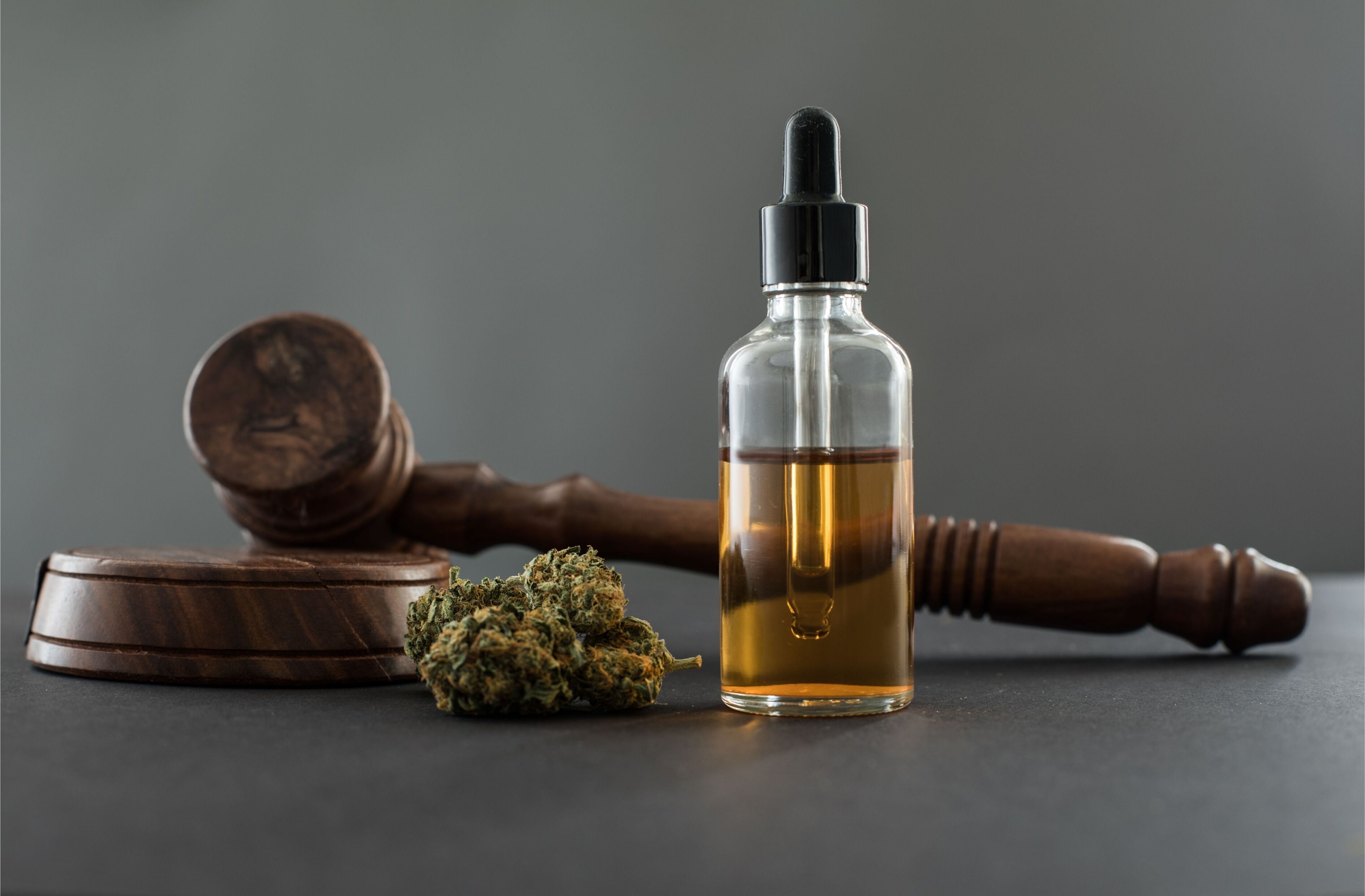
Some key players in Georgia’s hemp industry reportedly believe that hemp could become a very important crop for their state. Maybe it could even eclipse Georgia’s other popular crops, like peanuts.
After state lawmakers gave growers the go-ahead in 2020, former pro football player Henry Ostaszewski reportedly started growing hemp for his business Blue 42 Organics. His business is one of 86 businesses that are licensed to grow hemp in Georgia.
“We really need people to embrace this because it could really help a lot of our farmers here in Georgia,” Ostaszewski recently told local news station WSB-TV.
Another Georgia grower, Barry Smith, grows hemp for his nursery business. His team reportedly calculated that Georgia hemp farmers could make roughly between $5,000 and $150,000 on just one acre of land. They also reportedly projected that the state’s hemp industry could create between four and 6,000 jobs in two years, depending on the interest.
Smith told a local reporter that this versatile crop could be the key to preserving an entire way of life in Georgia.
“We really need for the people of Georgia to realize that this is a crop and some of these farmers are trying desperately to save their farm,” Smith reportedly said.
A negative stigma persists
Probably the biggest challenge that Georgia’s hemp growers face is reportedly the stigma many area residents have against it.
Smith reportedly explained how growing hemp is very similar to growing tomatoes. However, the added that the regulations and stigma associated with growing hemp make the growing experience much different.
“When you have your own family members and your friends and the people that you go to church with, that you do business with . . . look at you with that kind of skeptical look, that’s when the education process has to happen,” Smith reportedly said.
Ostaszewski also reportedly described the the difficulty his business faces due to negative stigmas about hemp. He reportedly explained how tough it is to combat the taboo of growing hemp because it looks and smells like Cannabis Delta-9 THC, which is not federally legal.
“We’re not driven by the dollars,” Ostaszewski reportedly said. “We’re driven by really creating a really good culture community around hemp here in north Georgia."
State agriculture commissioner Gary Black reportedly said that it is always difficult to grow a new crop, whether there is a stigma or not. This suggests that a negative stigma can make it especially difficult for growers to find their way with a new crop.
Lack of federal guidance causes uncertainty
However, Black reportedly cited something else as the biggest hurdle for Georgia’s hemp farmers. He told a local news reporter that it is difficult for growers to move forward while waiting for federal leadership to determine how they want to classify the crop.
“Is this a food? Is it an additive? What is it? And we’re still waiting for that guidance from the federal government that would be so helpful,” Black reportedly said.
Despite a growing consumer interest in CBD, the nation’s hemp industry lacks clarity on how hemp products, like CBD, will be regulated. These regulations are important for businesses to understand because they can affect the potential success and liabilities of hemp businesses.
So far, the U.S. Food and Drug Administration has only approved one cannabis-derived product, Epidiolex, which can help treat seizures associated with certain medical conditions.
The FDA did submit a Cannabidiol Enforcement Policy Draft Guidance for Industry to the White House in July 2020, but this proposal was withdrawn in January 2021 shortly after the change in administration. There does not yet seem to be any indication on when the FDA plans to resubmit its proposal.
Some challenges are nationwide
Although hemp may show significant promise in Georgia, the top challenges Georgia hemp growers face are not unique. Hemp farmers around the country face negative stigmas, and a lack of federal guidance promotes uncertainty for everyone in the nation’s hemp industry. Tackling these problems could be essential for the success of hemp growers in Georgia and across the nation.
“This used to be a viable industrial product in Georgia, in the nation, and we can get back to that,” Ostaszewski reportedly said.
Sources








































